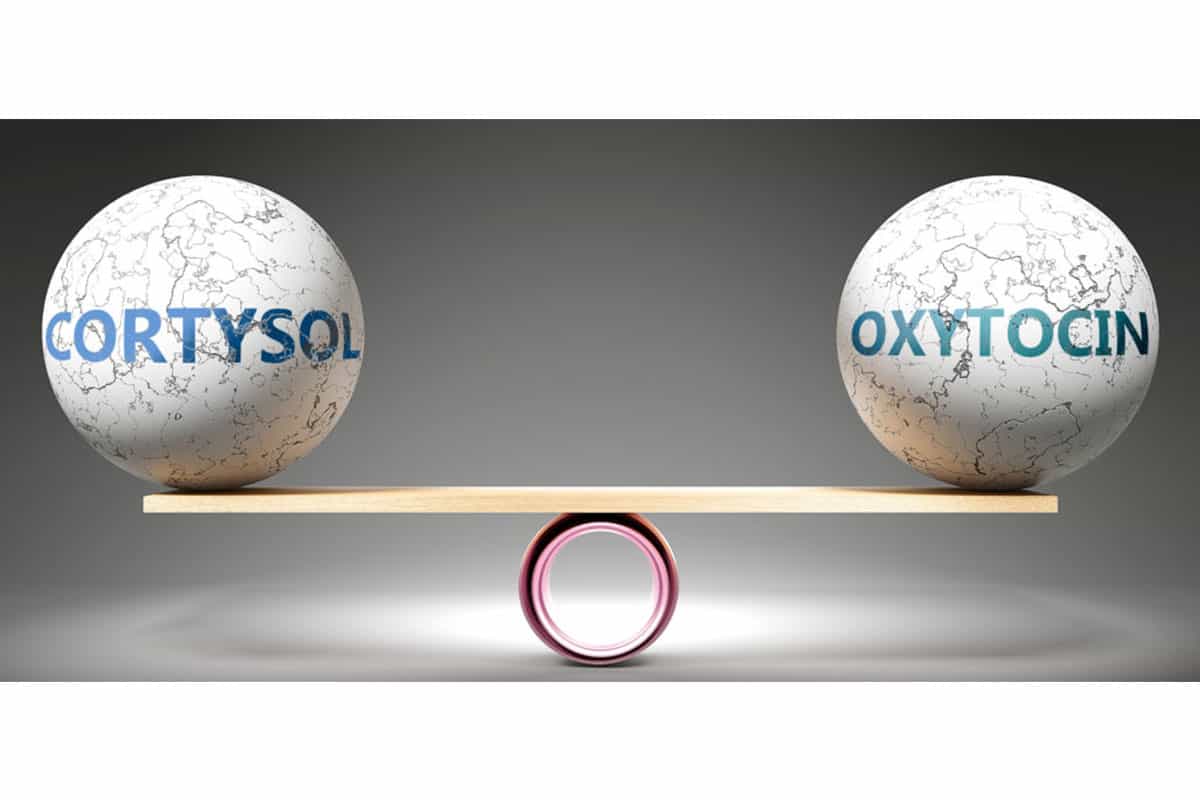There has been a lot of information on Intermittent fasting in the last couple of years. It has been fulfilling and exciting to see many people all over the world, getting exposed to Intermittent fasting and all of its benefits.
Intermittent fasting has a whole lot of benefits that are much deeper than being able to lose weight or reduce blood sugar levels. Studies have already shown that Intermittent fasting reduces inflammation, increases autophagy, and can even reverse type 2 diabetes.
These are just the already known benefits of Intermittent fasting. As the days go by and more research is dedicated to understanding how Intermittent fasting helps us develop the body we need, more benefits are discovered.
Intermittent Fasting For Hormones
One new benefit of Intermittent fasting has come to light, and it is centered on how Intermittent fasting affects our hormones. We get so focused on how we can wield intermittent fasting as a weight-loss tool that we forget that there are other things we need to look out for.
Intermittent fasting isn’t just a weight-loss tool; it’s a lifestyle that can transform our lives when done wholesomely.
Be sure to keep reading because some of the information I’ll be sharing in this article might be the key to understanding what you need to tweak in your intermittent fasting routine to get optimal results.
Hormones are essential proteins in our body because they activate most if not all of our body processes. So, that means autophagy, inflammation, and blood sugar regulation are all under hormonal commands. Knowing this, it makes a whole lot of sense to control other processes by regulating your hormones.
The 6 Hormones You Want To Consider
Six hormones in the body affect the bulk of our body processes, and they are in the order of importance,
- Oxytocin
- Cortisol
- Insulin
- Estrogen
- Progesterone
- Testosterone
These hormones are arranged in the right hormonal hierarchy. Oxytocin has a noticeable reduction effect on cortisol, while cortisol affects insulin and so on.
Oxytocin is the happiness hormone secreted when we feel loved or happy, while cortisol is the stress hormone. Increased oxytocin means reduced cortisol. Cortisol also affects the blood sugar-regulating hormone known as insulin. High stress levels impair food absorption in the body and increase blood sugar levels. Increased or reduced insulin levels can affect estrogen, progesterone, and testosterone. It’s almost like a chain reaction.
So How Do You Control It?
Many people complain that they are intermittently fasting and following the keto-biotic diet but aren’t seeing results. That’s because your hormones are out of sync and messing up your results.
With intermittent fasting, you can regulate all of your body processes by regulating these six hormones. While fasting, don’t worry about results like losing weight. Treat Intermittent fasting as a lifestyle change and try as much as possible to keep your oxytocin levels up.
Play with your pets, watch a comedy, give and receive hugs from your loved ones. Whatever you do, be happy so that your cortisol levels would drop. Only then will you see the changes you want to experience.
For estrogen and progesterone, know when and how to fast based on your cycle. Women are sensitive to fasting, so you have to watch how much and when you fast within their cycle.
Intermittent fasting can give us a better grip on our hormones and help us meet our goals for fasting in the first place.









Thanks a lot Dr. Mindy… you are always so enthusiastic inspiring and interesting. I’m italian and when I’ve red about hugs to lower cortisol…… :-( now that we must keep at distance and are forced to be isolated on our houses… it’s really hard to keep a high level of oxytocin….
Menopause reset please.
Hi Darlene,
Thanks for your comment :)
This is Eliza w/Dr Mindy’s support team. The Menopause Reset book is a digital download and will release on April 7th. Sign up to reserve your copy of the Menopause Reset here: https://bit.ly/3brW19q
would love to be put on the list to receive the digital copy of the Menopause Reset!
thank you so much!
this channel is so helpful.
This is Eliza w/Dr Mindy’s support team. The Menopause Reset book is a digital download and will release on April 7th. Sign up to reserve your copy of the Menopause Reset here: https://bit.ly/3brW19q
Thanks for watching!
Hello lovely ladies
I just wanted to thank you for your love and kindness and sharing your wisdom with us so we can be healthier versions of ourselves!
I love reading all your material and love intermittent fasting. I do struggle with feelings of MAJOR fatigue from around Day 14 – my period. It’s really bad. I feel like garbage and I just don’t know what to do anymore. I’m 40 and I’ve struggled with this for over 12 years and seems it is getting worse as I age. I eat a VERY healthy diet and exercise 5 x a week with weight training and long walks. I have come to the realisation that it’s just something I have to deal with every month and try adjust my lifestyle accordingly. I have a REALLY supportive husband and 3 children and thank the Lord for them as I would not be able to cope otherwise.
Your knowledge is a blessing to me and I look forward to Your book release in April :-)
Much love and blessings
Katy
Menopause reset please
Hi there! You can find it here: https://www.amazon.com/Menopause-Reset-Symptoms-Younger-Again/dp/1950367991
Hi, love to read your book!
menopause reset please
You can find the book at themenopauseresetbook.com
The menopause reset
Hi there!
You can get the menopause book at themenopausebook.com
Menopause reset please
I’m 62 years old and a long time ago out of menopause. I would like to understand how the hormones progesterone and estrogens work for me?
I would love to read your book! Could you send me the link to The Menopause Reset free digital version?
Menopause reset please
Oxytocin is controlled by Hormone D! Please don’t forget this overarching need for replete levels above at least 40ng/ml (100nmol/L). Raising D to evolutionarily replete levels will raise oxytocin, serotonin, dopamine & GABA. It protects our healthy microbiome and deep sleep repair.
D even controls glucose, insulin, ghrelin and other metabolic hormones.
menopause reset
I started intermittent fasting and the Keto lifestyle changes January 16th 2021. I’ve lost 87 lbs down from 333 lbs. But my face broke out shortly after I started and I cannot get it cleared up. This is a continuous battle. What can I do?
Menopause reset please
I have the paperback copy, but would love the digital version! Please and thank you!
Menopause Reset please
Menopause reset please,
Thank You Doc!!
Can you please share the free digital copy of The Menopausal Reset?! I am so encouraged and excited to begin my fasting lifestyle. Thank you for sharing the amazing information about Fasting!
May I please get the Menopause Reset digital book please? Thank you!
Hi there!
The Menopause Reset will be republished in June this year! Stay tuned.
The MENOPAUSE RESET book sounds like what I need. Thank you foe the digital copy
I would l the downloaded menopause reset book.
I do not even know how I ended up here, but I thought this post was great. I don’t know who you are but definitely you’re going to a famous blogger if you aren’t already ???? Cheers!